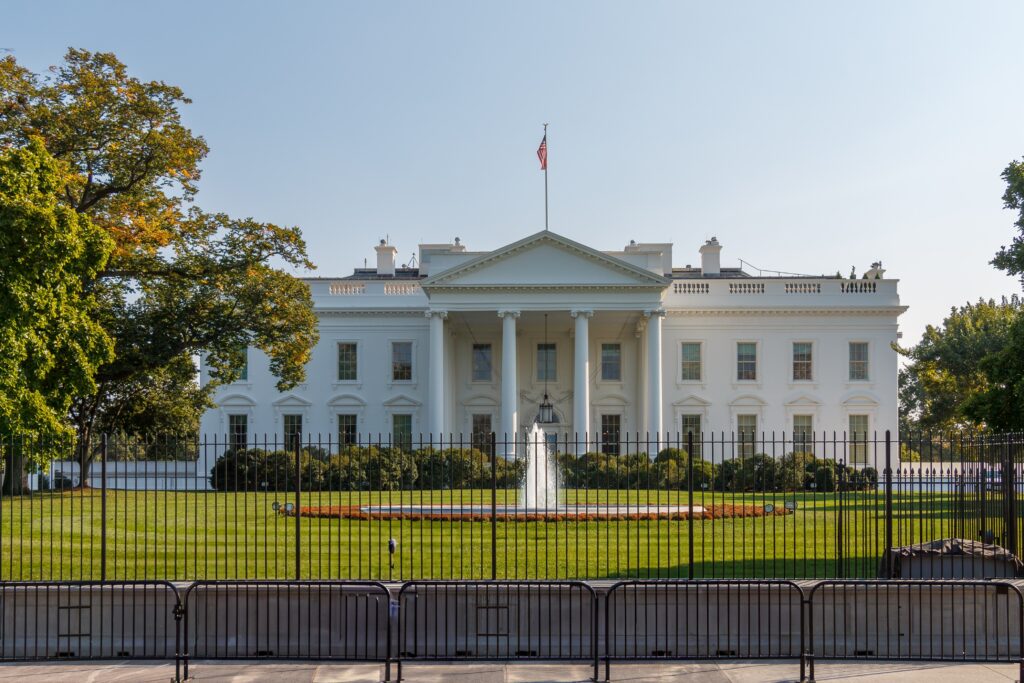US CFOs are already adding value through understanding the One Big Beautiful Bill

The recently passed One Big Beautiful Bill (OBBB) introduces a wide range of tax and policy changes aimed at stimulating business investment and innovation across the U.S. economy. Designed to offer both immediate and long-term benefits, the bill provides enhanced deductions, expanded credits and targeted relief for key sectors such as manufacturing, real estate and technology. While the opportunities are significant – particularly around bonus depreciation and R&D treatment – businesses should also be aware of new complexities and compliance risks as they plan for 2025 and beyond.
At Nexia, we would always recommend speaking with your current tax advisor on any new legislative opportunities and/or risks. Below we provide a quick glance of some of the salient aspects of the bill.
For a more detailed, in-depth discussion, please watch Nexia member firm CohnReznick’s recent webinar on the OBBB here.
Business Opportunities under OBBB
- 100% bonus depreciation / full expensing
The bill reinstates permanent 100% bonus depreciation (full expensing) for qualifying property placed in service after January 19, 2025. This allows businesses to immediately deduct eligible asset costs, improving cash flow – especially in manufacturing, real estate and equipment-heavy industries. - Expanded Section 179 limits
The Section 179 expense deduction increases to $2.5 million (phased out above $4 million in qualifying property), adjusted annually for inflation. This enhances write-off flexibility for smaller capital purchases. - R&E (Section 174A and R&D credit)
Domestic research and experimentation (R&E) expenses may now be immediately deducted under new Section 174A, and, although not new, it is worth noting that only domestic R&E qualifies toward the R&D credit under Section 41. Businesses can also retroactively deduct unamortized expenses from 2022–2024 and adjust credit elections through mid‑2026 – particularly useful for small firms. The procedural steps differ for small businesses and large businesses, a distinction determined by the businesses average annual gross receipts over the preceding three taxable years. For 2024, businesses under an aggregate gross receipts threshold of $31 million for the preceding three taxable years are determined to be small business taxpayers, while those over that threshold are considered to be large businesses. The specific dollar amount used to determine small and large businesses is adjusted annually. - Qualified Small Business Stock (QSBS) Gain Exclusion (Section 1202)
The new legislation modifies the QSBS gain exclusion by providing a tiered gain exclusion for QSBS acquired after the date of enactment. In particular, the provision allows a 50% exclusion after three years, 75% after four years and 100% after five years. Also, the new legislation increases the per-issuer dollar cap to $15 million for post-enactment shares, indexed to inflation beginning in 2027. For stock issued after the applicable date, the corporate-level aggregate-asset ceiling is increased to $75 million, indexed to inflation beginning in 2027. The provision is generally effective for stock issued or acquired, and to taxable years commencing, on or after the date of enactment. - Renewables and clean‑energy incentives
The bill revises credit timing and eligibility for production tax credits (PTC), investment tax credits (ITC), and electric vehicle (EV) credits, improving certainty and flexibility for renewable‑energy developers and investors. - Commercial real estate (CRE) benefits
CRE businesses can benefit from boosted bonus depreciation, more generous business interest‑expense limits under Section 163(j), continued pass-through entity tax (PTET) pass‑through treatment, and favourable carried‑interest tax rules.
Key Risks to Watch
- Phase‑out thresholds and complexity
High-income taxpayers will not see reduced SALT benefits, however, they will not see the increased SALT benefits. Nevertheless, the SALT deduction for high-income taxpayers will remain the same as pre-OBBB. - State‑federal decoupling and add‑back issues
Some states may not follow federal depreciation rules, forcing add‑backs and possibly eroding tax savings. - Election compliance risk
Certain provisions require elections (e.g. not opting into bonus depreciation, Section 280C credit revocation), which, if done incorrectly or missed, could lead to lost benefits or IRS scrutiny.
For more information, please watch Nexia member firm CohnReznick’s recent webinar on the OBBB here.
For a take on the OBBB from a Canadian perspective, please visit Nexia member Zeifmans’ article here.
Share:



